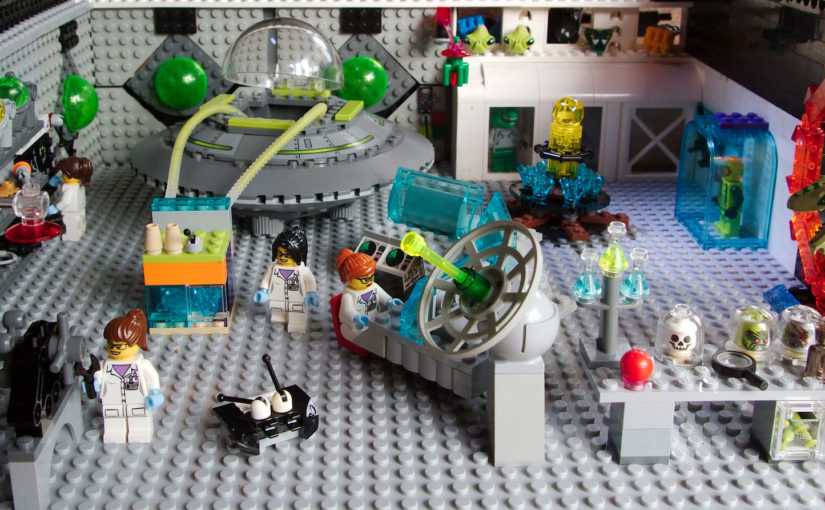The more you understand the process of an upcoming technical interview, the more you’ll be setting yourself up for success. The more you know what to expect, the more confident you’re likely to be in the interview itself.
What’s below is a list of things I’d recommend trying to find out before the interview. Some of it you might be told proactively, and some of it you may need to ask for. You may not be able to get answers for all of it, but it can’t hurt to try.
You should ask these questions to whomever is setting up the interview for you. That might be an external recruiter / headhunter, that might be an HR person at the company, or that might even be a technical employee at the company (see: Interview Gatekeepers).
Who Will You Be Meeting?
Find out who you’ll be talking to. Are they technical? Is it your future boss? Will you be meeting an HR person for soft-skills?
Try and find them on LinkedIn, either via job-title or name. Do you have any shared connections you could talk about with them? Have you worked at the same companies before? Maybe you went to the same University.
Are they on GitHub? Maybe they’re the only other INTERCAL developer in your city. Maybe it’s useful to know they’re a core-contributor to Magento before starting your customary rant about how PHP developers should be hunted down like dogs.
But … don’t contact them. It’s legitimate to try and find out a bit more about the people to whom you’ll be talking in an interview, but you should keep your actual communication with them inside of the interview context.
Technical Test?
Will there be a technical test at some point in the process? What form does it take? Is it a take-home, white-board, will they give you a computer and ask you to produce something? Is there anything they can do to prepare?
Some companies are happy to be upfront about which areas of your knowledge they’ll be poking into. You probably don’t have time to ingest an algorithms book, but making sure you’re not too rusty on any skills mentioned in the job-ads “REQUIRED SKILLS” section would be a good idea.
Structural Overview
Is this the first interview of several? Is it going to be a phone-screen followed by two days in-office? You might not want to talk salary in a first interview, but if the first interview is also your only interview, you probably don’t want to skip the conversation all together.
Knowing how the interview fits together can help you gauge how well you’re progressing through it too — if you appear to have skipped two interview stages, perhaps ask for more money? If you seem to have stalled after a phone-screen and nobody’s talking about a follow-up then perhaps it’s time to see what else is on the market.
Prior Preparation and Planning
If you’re working with an external recruiter, they should really have all this information at their finger-tips, although not every recruiter is diligent as we might prefer. It’s entirely within your rights to ask these questions, although bear in mind that they may not know exactly who you’re meeting — I’ve worked at no shortage of companies where this isn’t decided until 15 minutes before the meeting based on who’s free!

